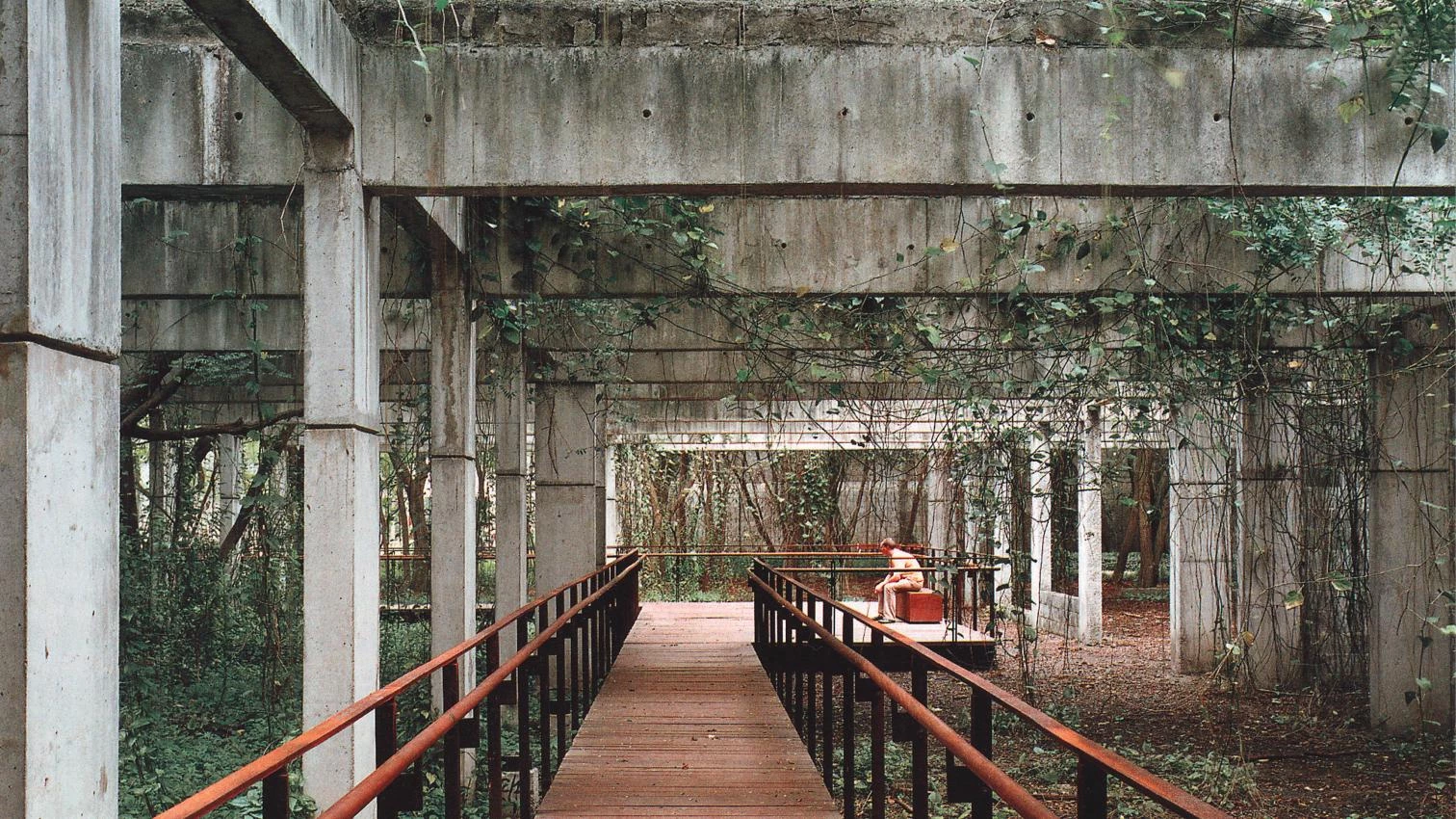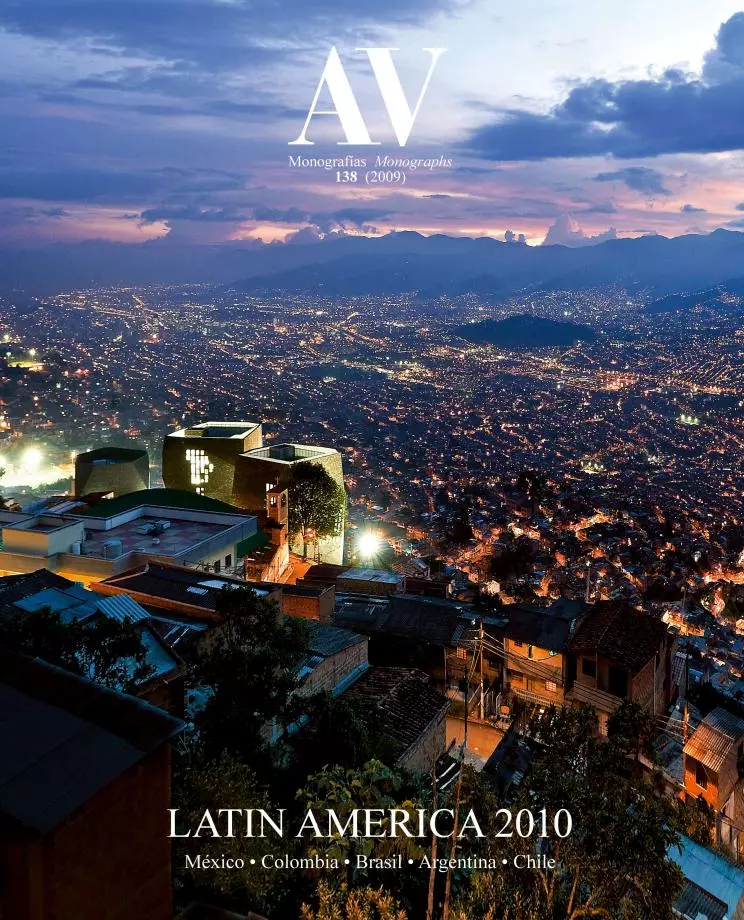Brazil, the Ideas in the Labyrinth

Upon reaching the first decade of the century, the political, social, economic and cultural analysis of Brazil comes out positive, despite the existing contradictions. Since his election in 2003, president Lula dominates the political panorama with the fervent flags of socialism hoisted by the Partido de los Trabajadores (labor party), achieving a balanced stability in the country – in part riding out the global economic crisis – which was not achieved by his fellows: Evo Morales in Bolivia, Hugo Chávez in Venezuela or Rafael Correa in Ecuador. Perhaps the price has been high, having to deal with the conservative reaction or with the corruption of members of his own party. The contradictory, complex and labyrinthian essence of the history of Brazil is hard to understand, and so it is to assimilate the strong current contrast, aspects which attract world attention. The increasing affluence of the financial tycoons, of the soy agricultural industry and of venal politicians seems antithetic to the initiatives to better the healthcare and education of the people, the infrastructural improvement of the favelas and the distribution of the ‘bolsa-familia’, an economic aid measure that covers eleven million poor and that aims to ease, with the program ‘fome zero’, the hunger threat among the northeastern population...
[+]





